Data access restrictions are key in keeping confidential information safe and secure. They are used to restrict data access to only those individuals who have earned the right through a thorough vetting process.
This includes screening of research projects, training of researchers and the use of virtual or physical secure lab environments. In some instances an embargo is necessary to safeguard research findings until they are ready to be published.
There are numerous access control models, such as the Discretionary Access Control (DAC) which is where the administrator or owner decides who can access particular resources, systems, or data. This model offers flexibility, but it can cause security risks because individuals may accidentally permit access to individuals who should not be granted access. Mandatory Access Control is a non-discretionary system that is commonly used in government and military settings. Access is regulated by information classifications and clearance levels.
Access control is essential to meet the industry’s compliance requirements for security and protection of information. By implementing access control best practices and adhering to pre-defined policies organizations can demonstrate compliance during audits or inspections avoid penalties or fines and maintain trust with clients or clients. This is particularly important in environments where regulations like GDPR, HIPAA and PCI DSS are in effect. By reviewing and updating regularly access rights for current and former employees, companies can make sure they aren’t leaving sensitive information exposed to users who aren’t authorized. This requires careful review of permissions in place, and making sure that access is automatically deprovisioned when people quit or change roles within the company.
